10 Surprising Benefits of Doing Puzzles
April 13, 2020
Author: Jimena G.
When we think of puzzles, we usually think of a hobby, a way to pass time and relax. The truth is that, in addition to having fun for a while, they also have numerous health benefits. From helping children in their skills development, through improving your memory and mood, to preventing major illnesses in the elderly.
Below you will find 10 surprising benefits of puzzles, and 2 extras for children and the elderly.
Benefits of puzzles
1. Mental exercise
Doing puzzles can be considered a complete brain exercise since it exercises both the right and left sides. The right is in charge of creativity, emotions and intuitive thinking; and the left is the logical, objective and methodical side.
When you do a puzzle both sides must communicate and work together, increasing cognitive function. The occipital lobe is the area where the brain connects colors and shapes and it is also activated. Exercising the mind helps prevent cognitive decline.
2. Better Visual-Spatial Reasoning
To assemble a puzzle we see different pieces and we must place them within a larger image. Doing this exercise regularly helps us improve our spatial reasoning.
3. Greater Attention to Detail
When solving a puzzle, especially if the pieces are very similar, it is crucial to pay attention to details. You need to train your eyes to find the small differences in colors or shapes that will help you complete the image. The ability to capture small details can help us in all aspects of our lives, especially at work. When we are more detailed and precise, the quality of our work improves.
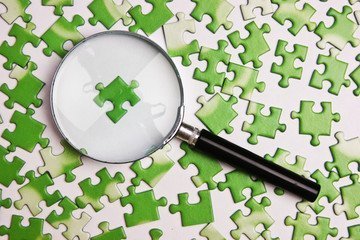
4. Improve memory
Strengthens neural connections and increases the generation of new connections. This increases mental speed and thought processes.
When we pick up a piece, you have to search among the others for a color or shape that you have in mind and visualize the image on a large scale to see which pieces go together.
When you exercise the part of the brain in charge of storing this information helps to maintain and improve short-term memory.
5. Increase your IQ
Researchers from the University of Michigan, led by Dr. Susanne Jäggi, found that spending 25 minutes a day solving puzzles and riddles can raise your IQ by 4 points.
6. Improve problem solving ability
To solve the puzzles you take different approaches to try to solve a problem, since it is a trial and error test. You also learn the value of formulating theories, testing hypotheses, and changing your perspectives when something doesn't go as planned.
These skills can be transferred to work, making you more innovativing in problem solving, more critical thinking, and better adaptive skills.
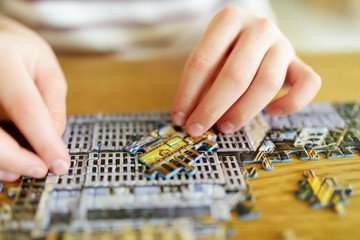
7. Increased productivity
When you are happier and less stressed, it is easier to focus. When your concentration improves, your productivity skyrockets. If you're having trouble staying focused on your studies or work, consider taking a short break to do a puzzle and reset your brain. Many offices are beginning to include puzzles and similar games in their resting areas. These games help employees disconnect from work for a few minutes and come back refreshed and ready to start again.
8. Better collaboration and teamwork
Another reason to incorporate puzzles into your workplace is that they help build collaboration between coworkers. Yale University researchers found that when workers can puzzle together in the workspace it helped them improve their relationships and the ability to cooperate and teamwork.

9. Better mood
Solving puzzles has a great benefit, it increases brain production of dopamine. This neurotransmitter is responsible for regulating mood and optimism. It also affects learning, memory, concentration, and motivation. Dopamine is released every time we do a puzzle and even every time we put a piece in the right place. This encourages us to continue to do so and challenge ourselves.
10. Decrease stress level
In addition to challenging us, it also helps us relax. Our brains go from "Beta" or awake, to a state of "Alpha" when you are assembling puzzles. The Alpha state is similar to the state we are in when we are dreaming.
This shift in consciousness comes with many benefits, including:
-
-
- Ability to make deeper connections
- Improve our mood
- Increase our self-confidence
- Relieves stress
- Even lower your blood pressure and heart rate
- Ability to make deeper connections
-
For children and during their growth
Dr. Verdine of the University of Delaware has found that playing with blocks, puzzles, and shape games helps develop spatial skills. These play a fundamental role in the development of spatial awareness and later come into play when topics of science, technology, engineering, and mathematics are addressed.
Growing children can be benefited in multiple ways, always adapting the size of the pieces and difficulty for their age.
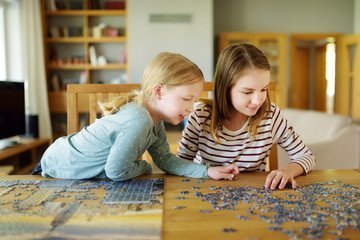
-
-
- Cognitive benefits: Puzzles help develop perception, organization, concentration.
- Physical benefits: Although it does not seem like physical exercise, making a puzzle requires motor coordination and controlled use of the hand, which leads to the development of the "fine gripper" (taking a small thing between the thumb and forefinger of the hand).
- Emotional benefits: They also teach patience, self-confidence, and self-control. Making a puzzle takes time and effort. When finishing a puzzle we feel admiration and recognition for achieving it, especially in children.
- Puzzles are also used in occupational therapy after traumatic injuries to the fingers and hands and also after suffering brain injuries in which we must re-educate the brain and improve coordination with the arms.
- Cognitive benefits: Puzzles help develop perception, organization, concentration.
-
For your Future: Delaying dementia and Alzheimer's disease
Keeping your brain active can delay symptoms of dementia and Alzheimer's disease. Medical studies have shown that keeping the mind active through puzzles and other problem-solving activities can reduce the amount of brain cell damage that occurs in Alzheimer's patients. It also supports the growth of new nerve cells and strengthens the connections between them.
Researchers have also found a relationship between the number of years someone has been solving puzzles and the probability that they will develop Alzheimer's. So the sooner you start making puzzles a regular part of your life, the better. It is never too late to start protecting your brain.

Now that you know more about the benefits of puzzles for all ages ... what are you waiting for to start a puzzle?
If after reading this article you want to do a puzzle, in this post you will find recommendations for shops where you can find a wide variety of puzzles.
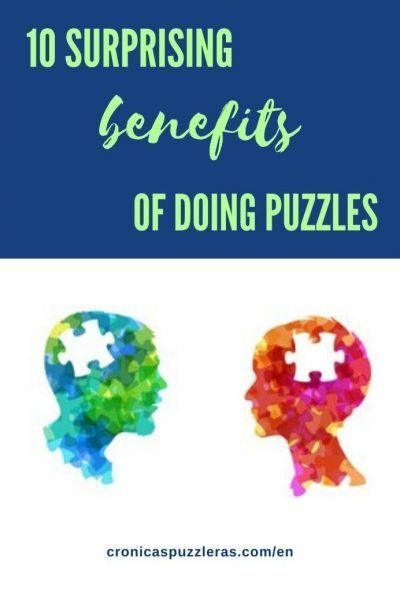
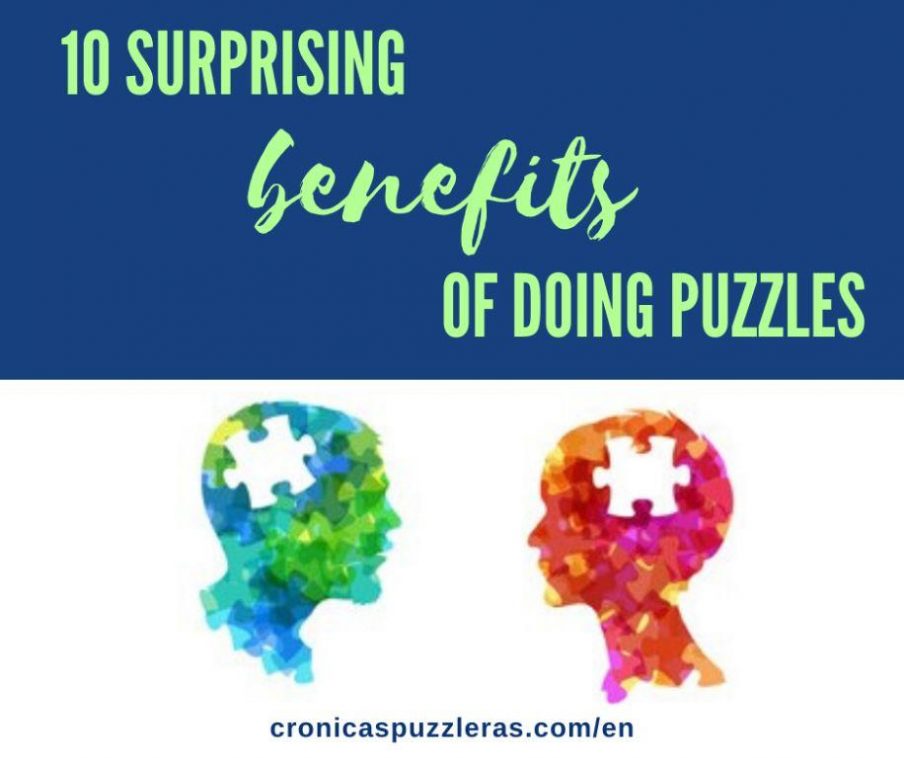
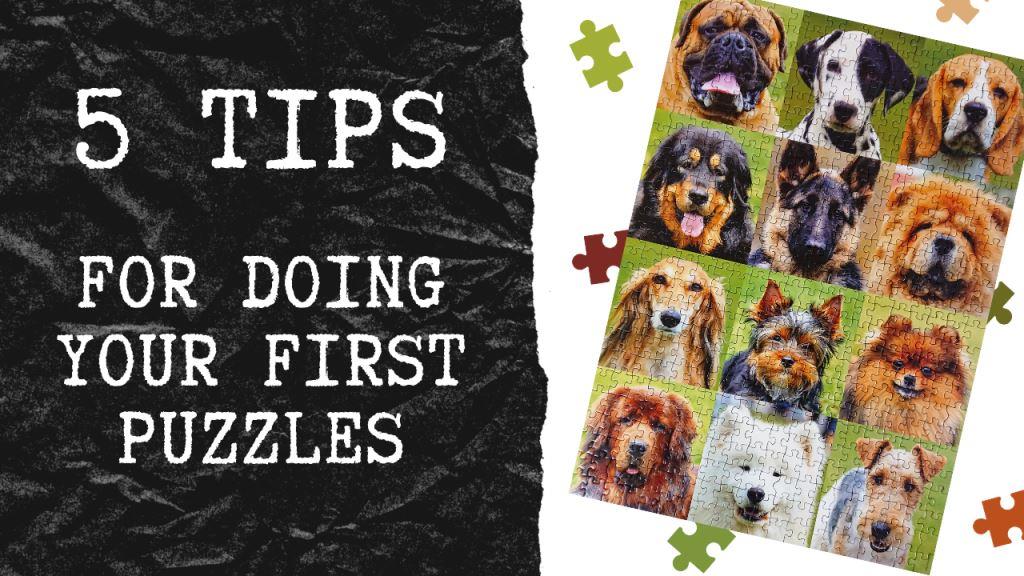
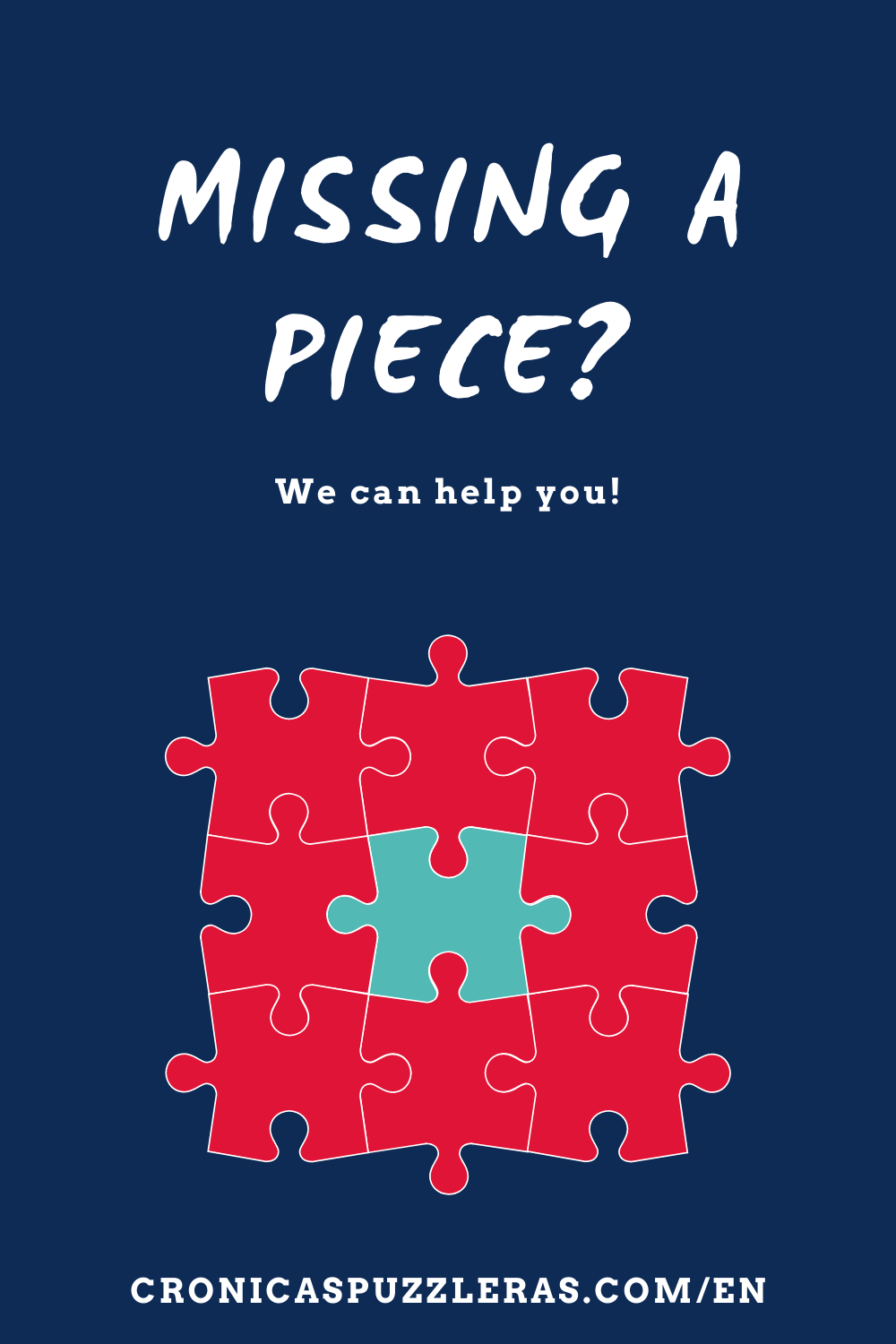
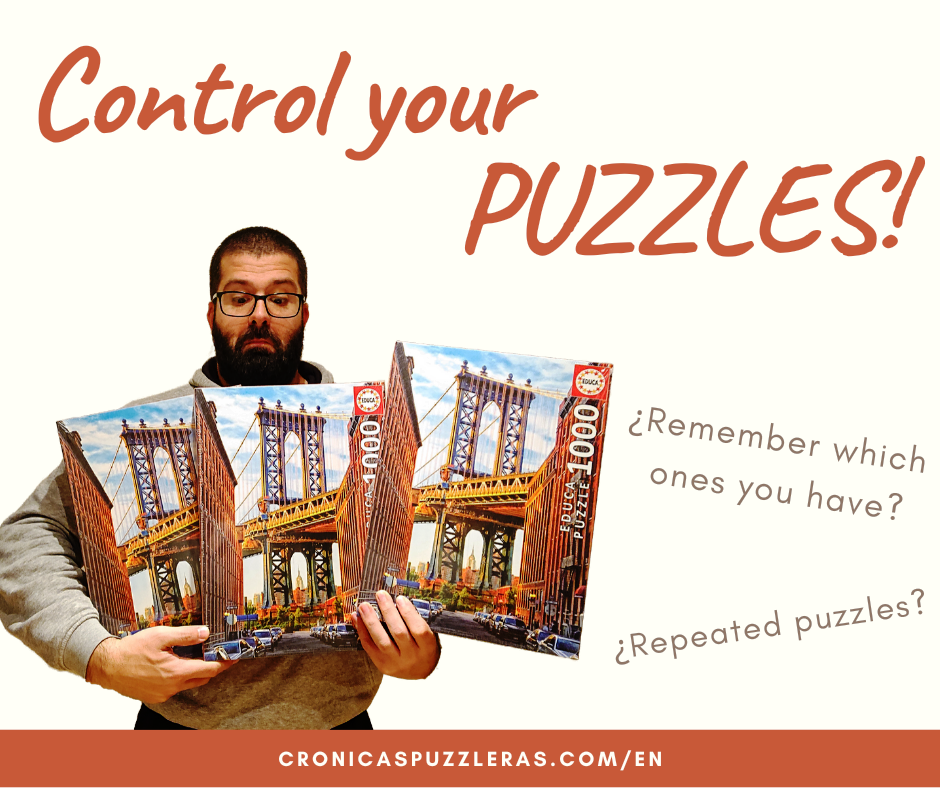
12 Comments on “10 Surprising Benefits of Doing Jigsaw Puzzles”
Pingback: Thoughtful Thursday: Thinking and jigsaw puzzles | Robby Robin's Journey
Pingback: A puzzle pozitív hatásai – Miért jó kikapcsolódás?
Pingback: My Puzzle Journey - Kathy Kastner
Pingback: Is Solving Puzzles Good For The Brain -
Pingback: Plastic-Free Gift Ideas For Kids
Pingback: ما هو الشيء الذي تحمله ويحملك في نفس الوقت من 6 حروف – محتوى
Pingback: Why We Decided To Build a Better Word Puzzle Game – Gosia Bradecka – Content Writer
Loved this! When are you next scheduling a post??
Hi Joana, we are very happy that you liked it!!! You can find all our posts here: https://www.cronicaspuzzleras.com/en/jigsaw-puzzle-blog/ Our last one was in November and we hope we can share one soon!
How about 3D puzzles! Like Disney Castle!
At 74, I complete a 400 piece each day and agree with what you are saying. The more I complete the faster I get as I have developed strategies such as puzzle shapes, visual textures, colors, and clustering. It is a hobby I can do while listening to CNN or the Chief’s.
That’s impressive!